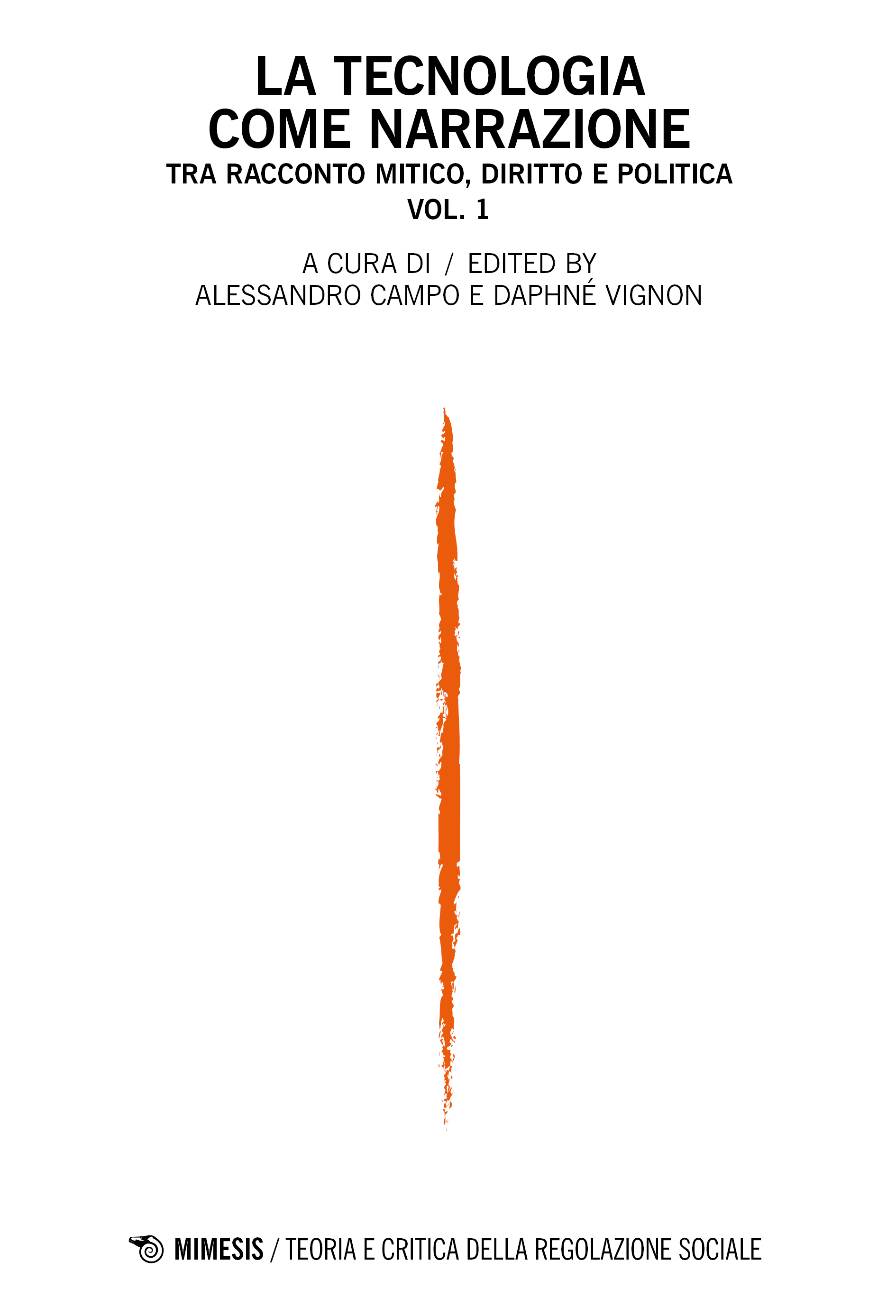Abstract
The relationship between law and scientific knowledge has been investigated from several points of view. The article focuses on a specific issue, namely how scientific reasons contribute to the adoption of legal provisions. The author argues that these reasons never directly justify legal provisions, these being rather always submitted to a “dual practical mediation” by the legislator and the Constitution. To support this view, the author critically analyzes the image of the scientifically based cities proposed by Jules Verne in his novel “The Begum’s Fortune”.

